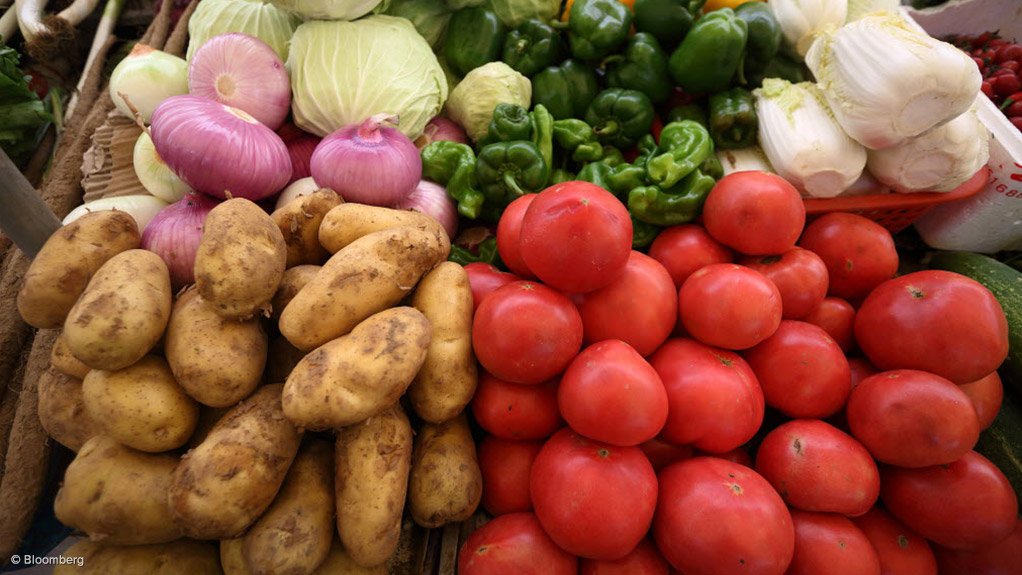Food security has been identified as one of the biggest concerns in Southern Africa amid the Covid-19 outbreak and ensuing lockdowns in countries across the continent.
In a webinar on April 2, the World Health Organisation and the World Food Programme (WFP) said that, as most countries have imposed lockdowns to curb the spread of the virus, it has affected the movement of food.
However, while food systems have continued functioning across borders to support the people affected, WFP regional director for Southern Africa Lola Castro warned that the main challenge in this respect was to maintain market trade, as those affected were generally low-income and food-insecure households.
In highlighting how dire the situation was, Castro noted that about 2.8-million children across Africa got their only meal at school, which have, in most countries, now been discontinued amid the Covid-19 outbreak.
It was for this reason, she said, that the movement of food and availability of food supply and trade were critical, as in their absence, food insecurity could result – not just in South Africa, but across the continent.
The WFP needed more than $400-million in sponsorships to continue buying food to support between 18-million and 20-million people across Africa.
In South Africa especially, the WFP is focused on supporting the most vulnerable, meaning those who are undernourished, are food insecure or have underlying diseases, such as HIV/Aids.
LOCKDOWN SUCCESS?
Additionally, WHO regional director for Africa Dr Matshidiso Moeti warned that, while South Africa’s rate of infections had seemingly slowed, it was still too early to call the lockdown a success, as it had only been in place for a week.
Local transmissions have, so far, increased at a much slower rate than initially anticipated, owing to the national lockdown.
But Moeti noted that a backlog in test results could be the reason for this, and warned that, once up to date, South Africa could face a higher number of positive Covid-19 cases.
While lockdowns, physical distancing, quarantine and contact tracing could assist in reducing transmissions, Moeti urged countries to consider the potential economic impact. Should a country that has not done so yet consider imposing a national lockdown, its government should consider mitigation measures for its people at the lowest socioeconomic levels to “not suffer unduly”.
“It is challenging to balance the feasibility of physical distancing,” she lamented. Countries, such as South Africa, often have vulnerable citizens living in communal or small spaces, where distance in housing is minimal.
In this context, she suggested that countries should try whatever they could to achieve physical distancing, especially in the early stages prior to a wider generalised transmission.
This should be accompanied by various types of mitigation measures to ensure the lockdown’s feasibility, which should then be considered within the specific context of each country.
As an example of mitigation measures, Moeti said governments should provide water in areas where water was scarce or water infrastructure was insufficient.
EMAIL THIS ARTICLE SAVE THIS ARTICLE ARTICLE ENQUIRY FEEDBACK
To subscribe email subscriptions@creamermedia.co.za or click here
To advertise email advertising@creamermedia.co.za or click here











